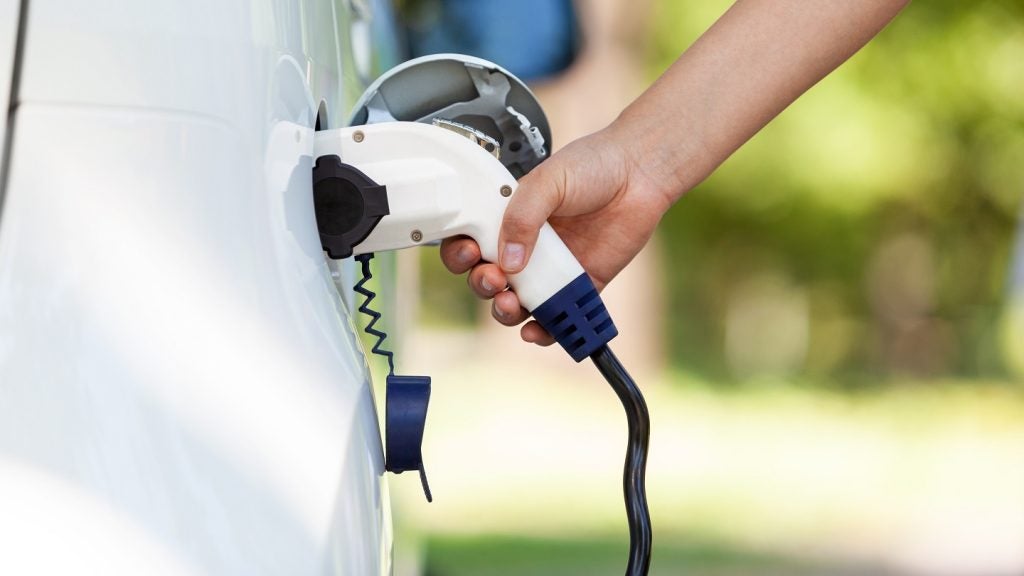Will electric cars ever catch on? It’s
a question that is increasingly being taken seriously.
Not everybody likes electric cars.
Some people think they are a fad, an idea dreamed up by
tree-hugging hippies to clobber real car lovers. Or that they are
impractical and have their own environmental inefficiencies built
in.
Petrol heads are unconvinced that
climate change is caused by humans in the first place. They argue
that the evidence for man made climate change is flawed,
contradictory and even faked.
Scientists are unresolved about it
and, anyway, they are just as likely to be biased as the rest of
us. Petrol heads argue, quite rightly, that climate change happens
anyway, with or without humans, and that we can never know the
extent of our impact on the planet.
Another obstacle in electric cars’
paths is the lack of infrastructure to support them. Charging
points are scarce even within the big city centres. In rural areas
they are non-existent. The government is looking at where it can
cut back public expenditure and is not in the market for new
projects to embark on. Without charging points, electric cars are
quite literally going nowhere.
Lack of practicality is the third
sticking point. For people whose longest journey is to potter from
one side of town to the other, electric cars may be a viable
option. If a person’s livelihood depends on driving then the
considerations are completely different. Commuting long distances
in an electric car is impractical.
How well do you really know your competitors?
Access the most comprehensive Company Profiles on the market, powered by GlobalData. Save hours of research. Gain competitive edge.

Thank you!
Your download email will arrive shortly
Not ready to buy yet? Download a free sample
We are confident about the unique quality of our Company Profiles. However, we want you to make the most beneficial decision for your business, so we offer a free sample that you can download by submitting the below form
By GlobalDataThe green brigade received a boost
this month from the electric car subsidy (see Coalition backs electric cars). News
that the coalition will give a grant of 2.5% of the asking price of
an electric car to buyers will help sales.
Nissan starts taking orders for its
mass-market family hatchback, Nissan Leaf, in the UK in September.
Renault is to bring an electric van to market next year.
Electric cars may be boosted by the
inexorable rise in fuel prices too. A litre of unleaded has risen
by 50% from 73.2p to 117.5p in the past 10 years.
At £23,990, including the government
subsidy, and battery, the price of the Nissan Leaf might be
achievable for many UK consumers, especially if you factor in the
attraction of savings on fuel.
There are savings in carbon emissions
too, a definite plus for many people who are concerned about
climate change. Hydrogen fuelled vehicles are another option put
forward as environmentally friendly.
The fact is that a mixed fuel car
economy is on its way. Sharing cars through clubs, driving hybrid
vehicles, all electric or hydrogen cars will become more common as
time passes.
The government is right to provide a
boost to new and innovative models. Even if electric car
infrastructure is never realised nationwide, more charging points
should be installed in cities. A mixed car economy ought to be
encouraged.








